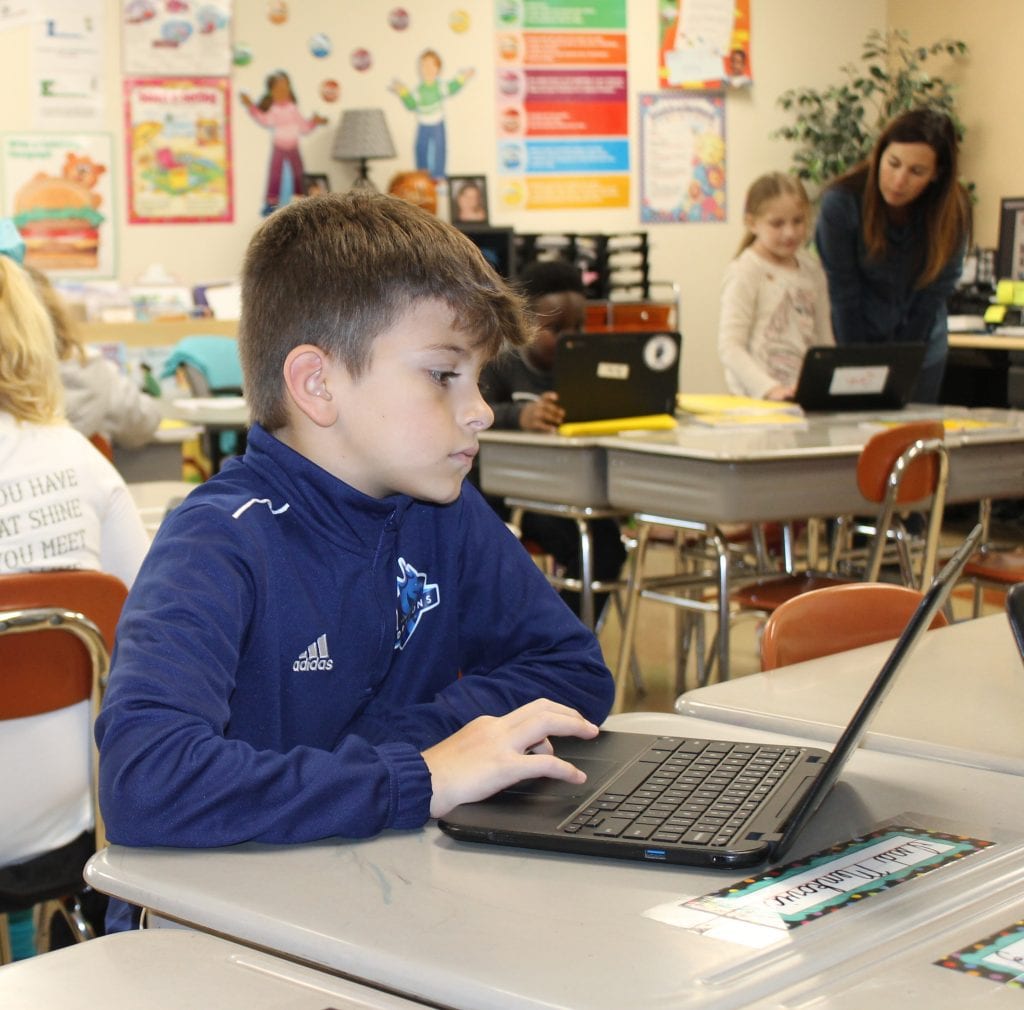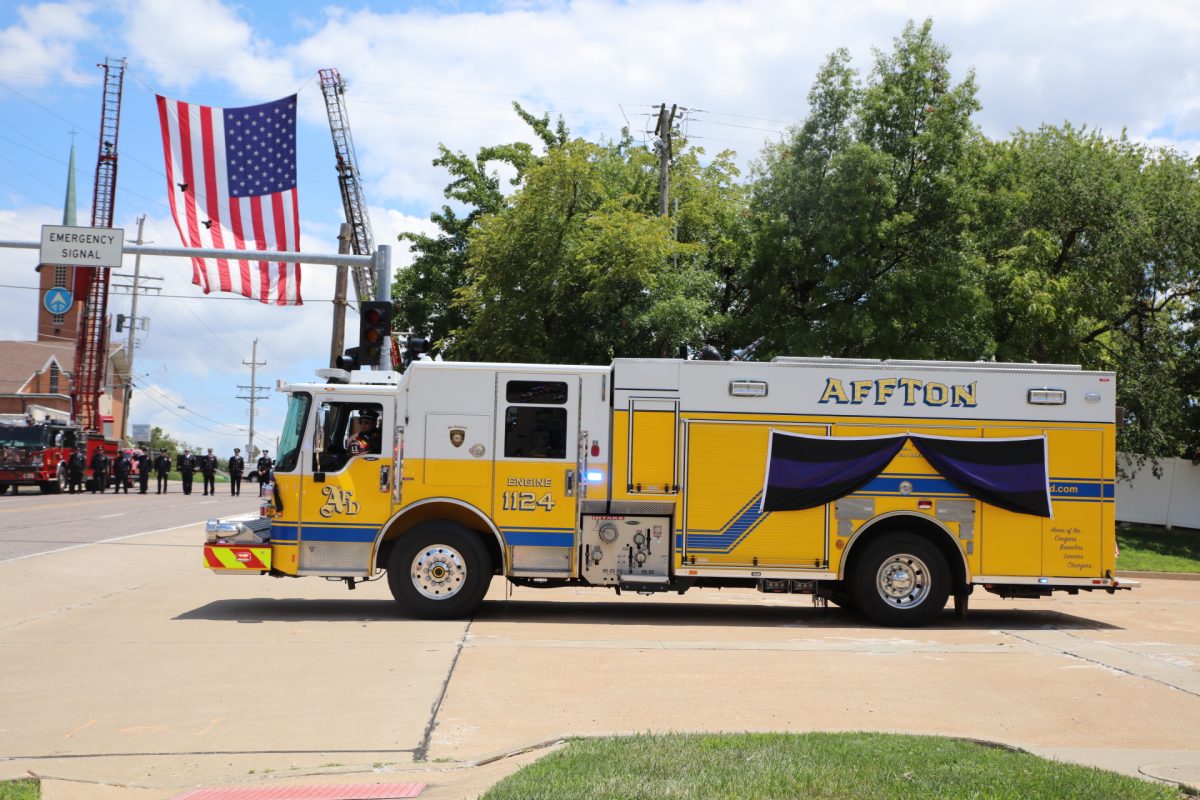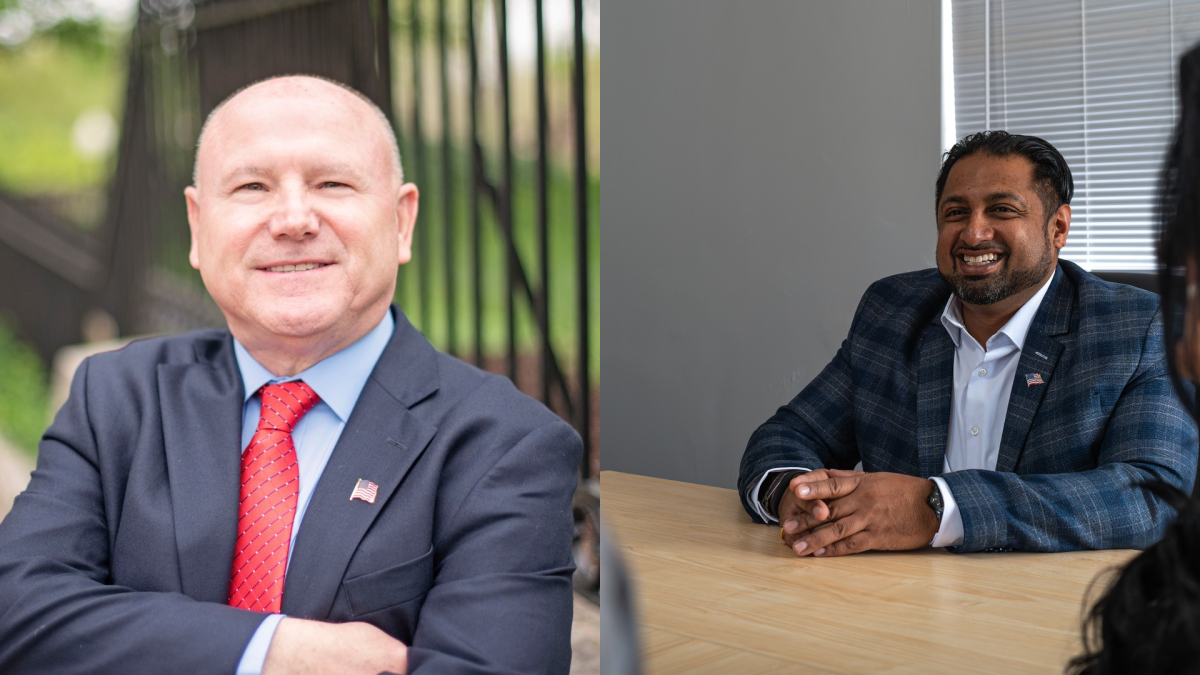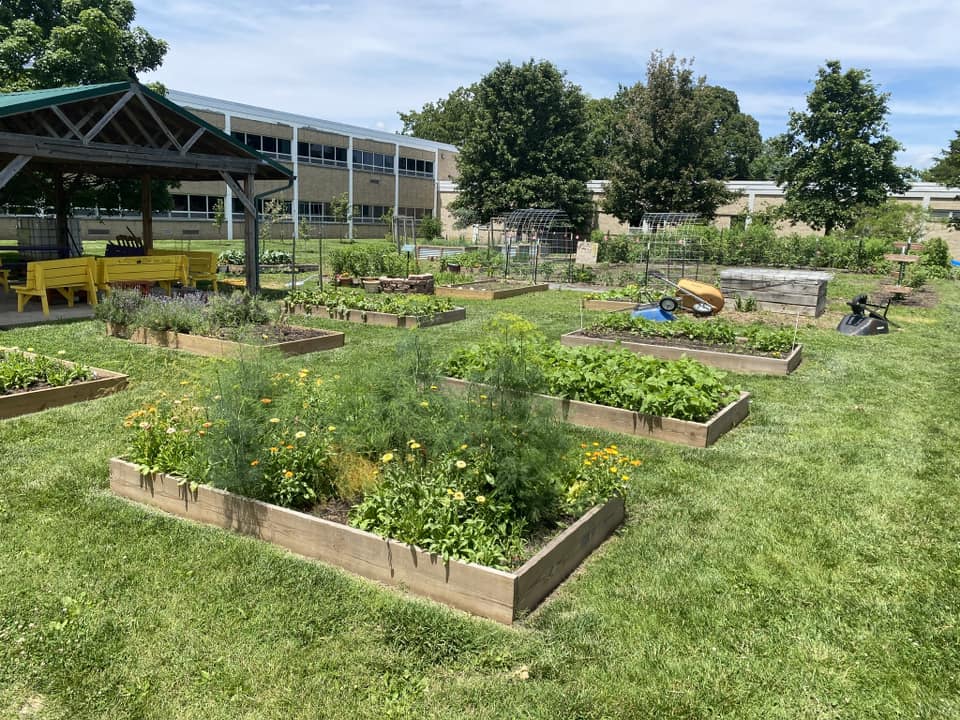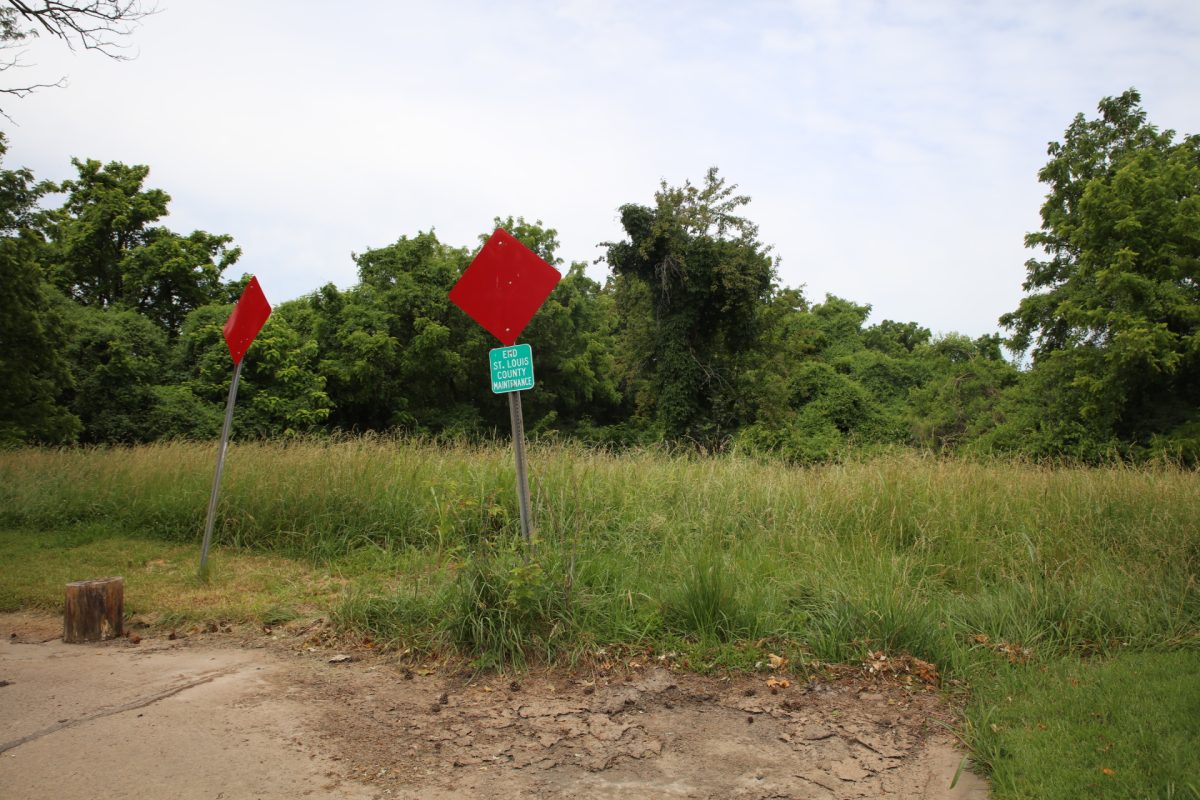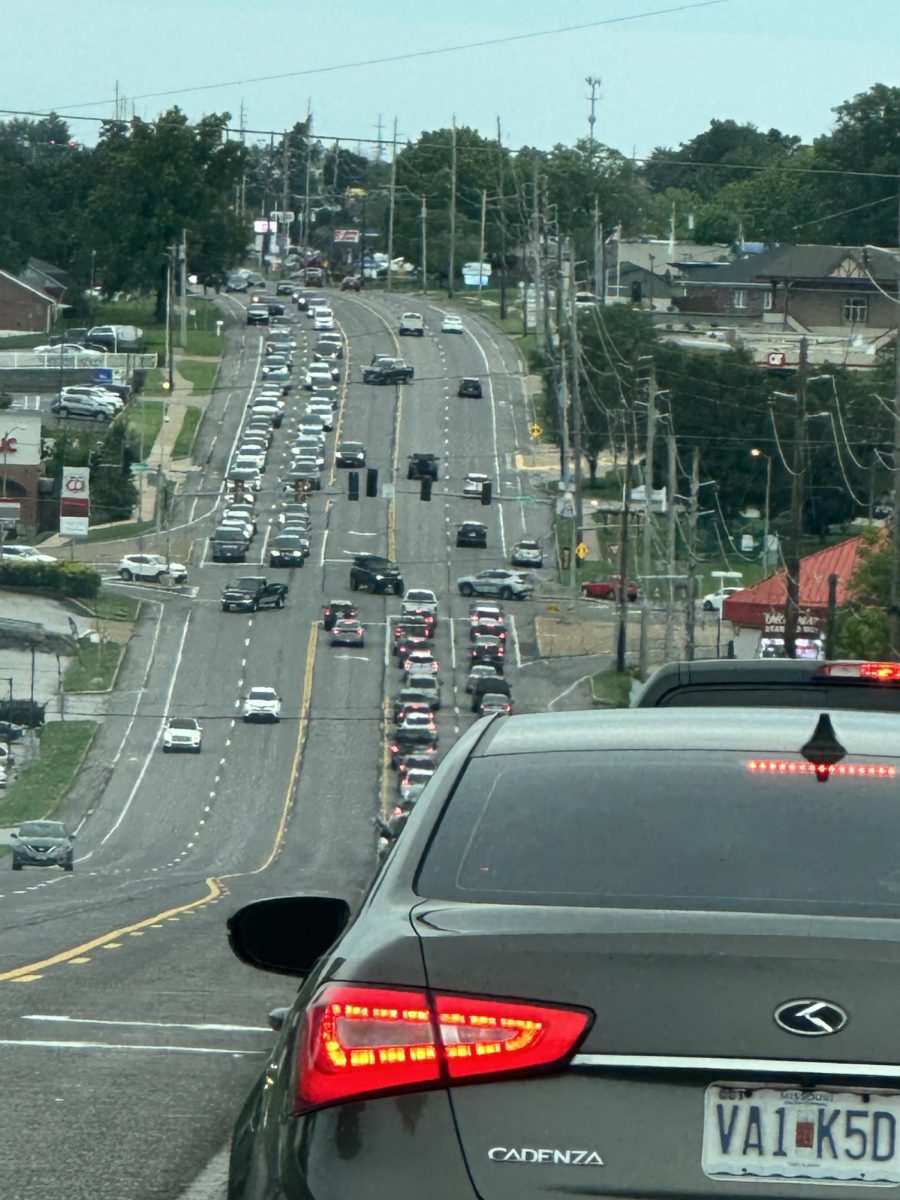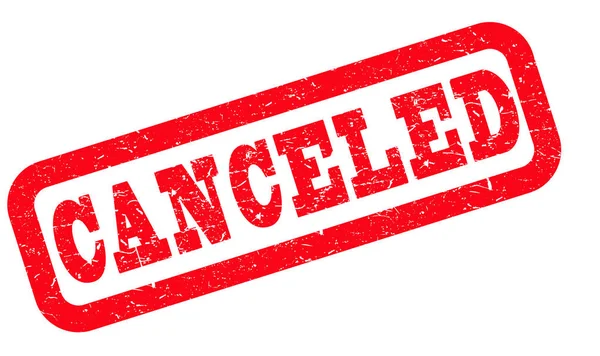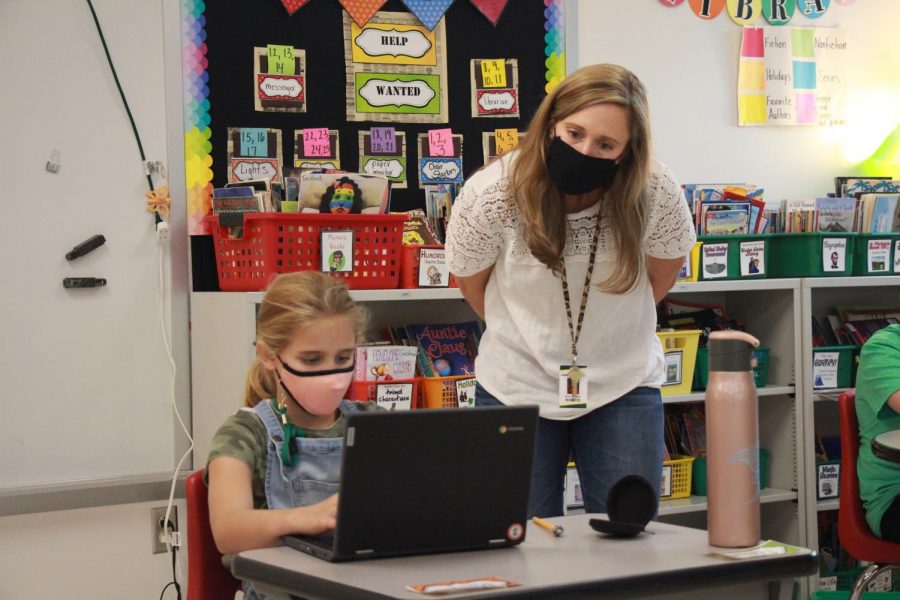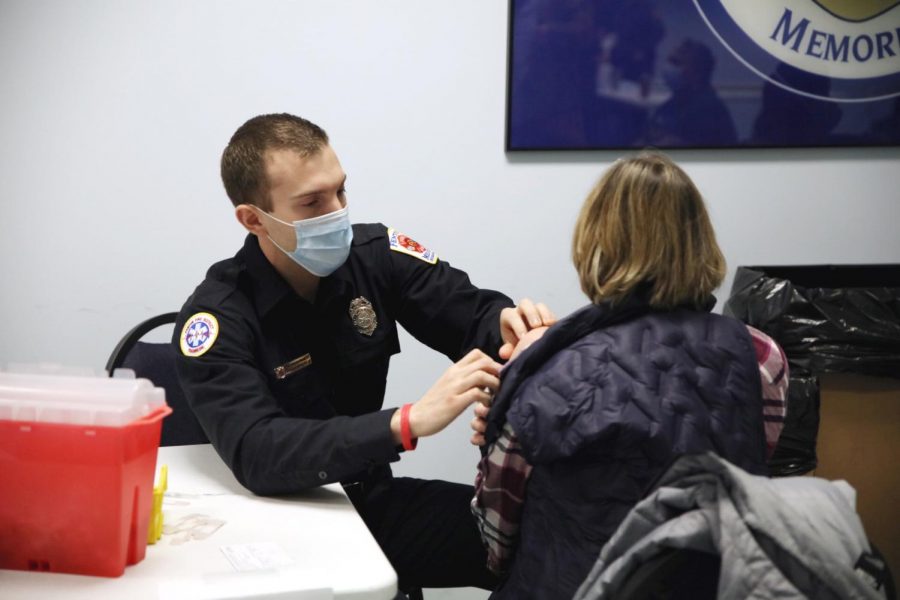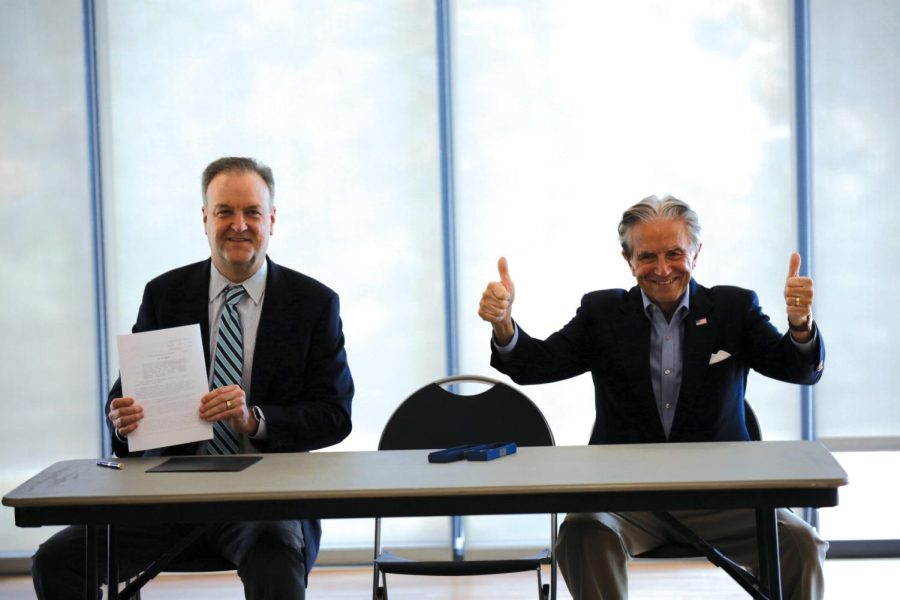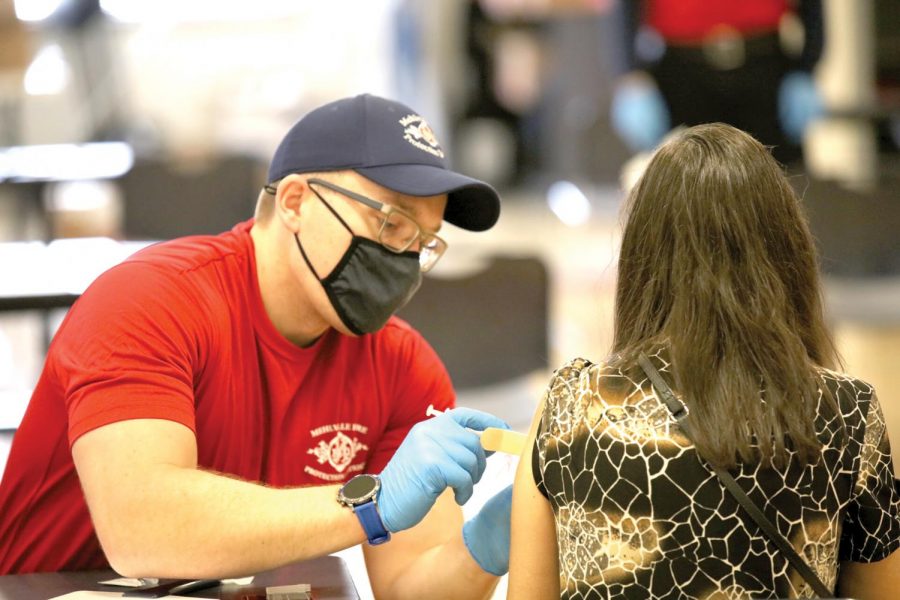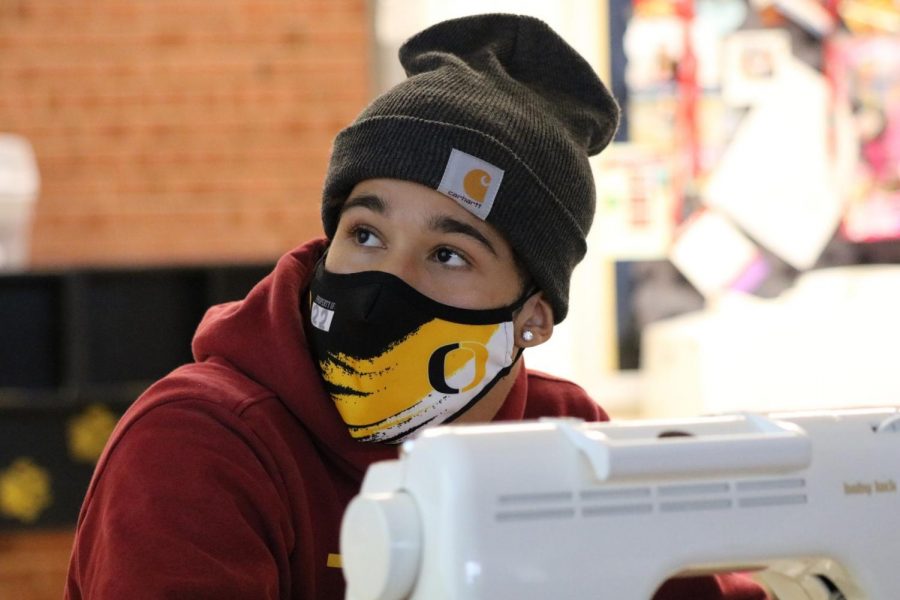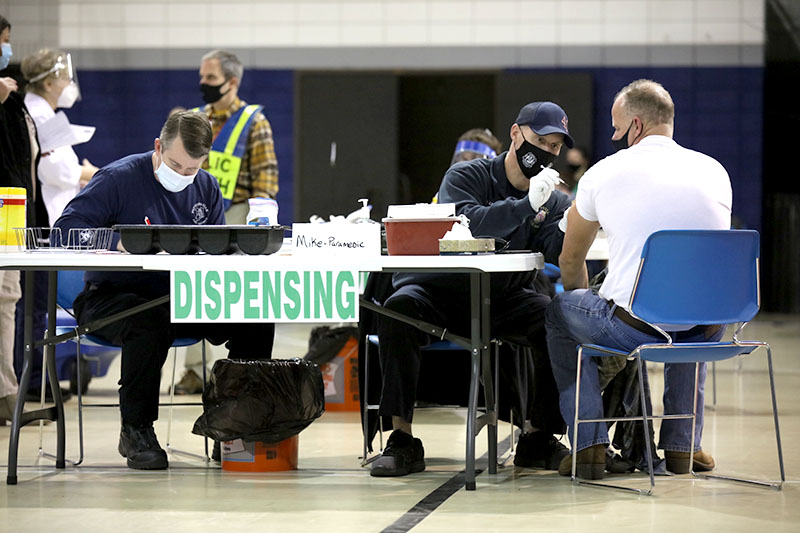The Bayless Board of Education voted at an in-person special meeting Wednesday night to begin the 2020-2021 school year with all-virtual school as coronavirus cases in the St. Louis region continue to climb.
By a vote of 6-1, the school board adopted Superintendent Ron Tucker’s recommendation to begin the school year 100-percent virtual, with board member Laura Van Zale opposed. The board also approved a measure that will postpone the start of school until Monday, Aug. 31, a week later than the currently scheduled start date, to give teachers more time to prepare virtual lessons. The vote on the delayed start date was unanimous in favor.
“I’m proud of the board commitment to our students and our district. It was a tough decision last night,” Tucker told The Call of Wednesday’s vote. “I appreciate their willingness to support the administration and our teachers while we try to work with the community during the pandemic.”
At the urging of health officials, most St. Louis County schools have already announced in the last week that they will begin the year online, with the Affton School District the first in South County to make the announcement. The Mehlville Board of Education also voted in a special meeting Wednesday night to begin the school year virtually, but Lindbergh Schools released a plan Thursday that would send the youngest students to school in person and have older students attend virtually.
The Hancock Place School District, which had first said that it would offer either the option of five days a week in-person or online learning to families, said Tuesday that the district would instead begin the year 100-percent remote.
Tucker said his recommendation to the board to begin the year virtually came in large part due to County Executive Sam Page, a physician who won election in the Democratic primary Tuesday night and “has been pretty vocal” in saying that he would like to see county school districts offer a virtual option. The St. Louis County Department of Public Health sent a non-binding letter to all school districts last week urging them to choose a virtual option due to rising cases.
“We offered our parents early on the option of a virtual academy or if they would like they could send their children to school for in-person instruction,” said Tucker in an interview with The Call. “Unfortunately increasing COVID cases and, in large measure, recommendations from St. Louis County Health, we felt it is in our best interest to begin with a virtual start.”
About 35 percent of the district enrolled in its virtual academy when it was first offered to families in July, so the district had plans to pursue virtual options regardless.
“Early on we were hopeful that we would be able to do five days a week but on July 20, when we sent out communication along with all other county school districts, at that point we were already thinking we were going to do a hybrid model,” said Tucker, which would consist of half the students attending certain, alternating days.
Tucker added that a number of faculty did want to return to face-to-face learning, although the teacher’s association had indicated it would prefer a virtual start.
“This isn’t an easy decision for any of us. This is tough. For our parents and for our students. No one wants to start a school year like this,” the superintendent said. “I don’t think anyone would desire to start a … year like this. I do suspect the board will approve this recommendation. It may not be unanimous and I would understand why – this is a tough decision.”
Beginning the semester a week later will give teachers the time to receive further professional development training on best practices for virtual instruction.
“What we did last spring … we referred to that as ‘e-learning’ but it was really probably emergency learning. We were thrown into a situation where we had to immediately begin providing online instruction,” said Tucker. “I think in terms of training for teachers, expectations for students and parents, we will be able to provide a more rigorous and relevant virtual experience.”
Virtual instruction can most likely be expected through the first quarter, which ends Oct. 23. Hancock and Affton have also indicated that virtual learning will probably last through at least the first quarter as well.
“It’s going to depend on what’s occurring with COVID-19 and the St. Louis community. If it declines significantly before the end of the first quarter and if the county health department indicates it’s safe to do so, Bayless may pursue a rolling entry prior to Oct. 23,” Tucker said. “We are hopeful that we will be back in school this semester but it really depends on the community spread of COVID in the county.”
The district has technology for students who might need it, such as Chromebooks and mobile hotspots for students who might not be able to access WiFi. A number of students in the district own their own computers, Tucker said, but the district can provide a computer to a student if they do not have one of their own. Students in early grades such as kindergarten through second may not be using a computer necessarily for virtual learning but other ways to provide instruction.

















